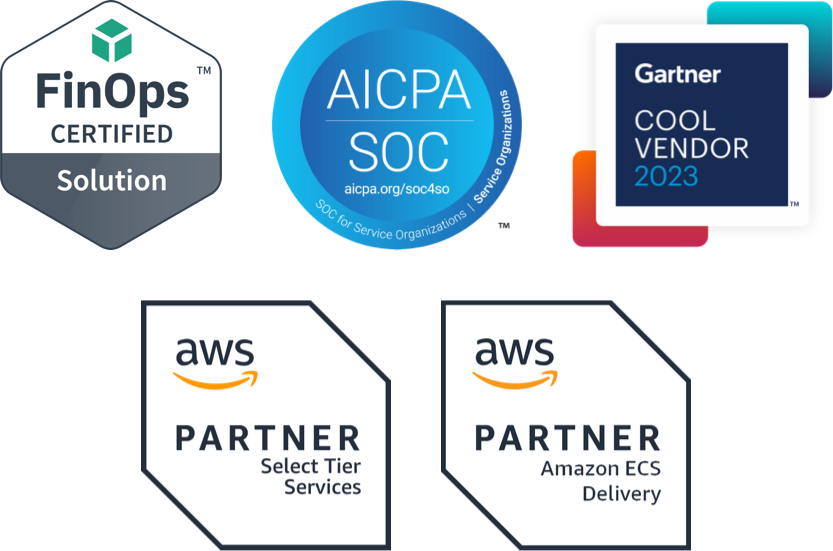When transitioning to Kubernetes, it is natural that you want in-house expertise. In the long run, that’s probably true. But Kubernetes is a new paradigm for managing your infrastructure and it’s good to have serious expertise.
Managed Services for Sailing
For an analogy, let’s say you run a tourism company that sends people out kayaking, paddle boarding, and rafting. Somewhere along the way you decide you want to also offer yacht sailing. You have a couple of options to make this shift. You can go out and buy a small sail boat and learn the basics of sailing, then level up to a larger and larger boat and teach people along the way while you learn how to sail through trial and error. Eventually you’ll be comfortable on a very large boat and you’ll have the staff and expertise to sail the vessel. But it will take a long time to reach your business goals.
The other option is to go out and buy a yacht and hire a crew of people who are experienced at sailing it. Now you can start sending customers out on yacht trips right away and have confidence that, even on long trips and through storms, your guests will be kept safe. Over time you staff your people alongside the crew you’ve hired so they can learn the ropes, until you feel confident with your own people sailing the ship.
Managed Kubernetes Services
Now liken this to Kubernetes. You can go out and buy a raspberry pi (or a set of them) and spin up a Kubernetes cluster. You will, in this process learn the basics. But running Kubernetes on a set of small computers is very different than running it in a production environment with mission critical infrastructure behind it. To get there you’ll need to start spinning things up in a cloud environment (on prem, or via a cloud provider), kick the tires with small services until you feel comfortable moving your production environment over.
Eventually you’ll make more and more progress and feel pretty comfortable sailing. But what happens when something you haven’t experienced comes along? A rope breaks, or you need to mend the sail without stopping? What about patching the hull at sea? Even scarier is if someday there is a level of storm you’re not familiar with. Keeping everything afloat in a big storm becomes an immediate need, and you won’t have the expertise around to help you. Googling “how do I navigate huge waves in a sailboat?” isn’t nearly as reassuring as having a hand on deck who knows how to drive the ship.
Expertise isn’t access to information, it’s experience. Having people with experience around so expertise is at your fingertips is valuable until you are a master-sailor yourself. And you’ll become a master sailor much faster with one around to help you learn.
Enablement and Knowledge Transfer
Our message at Fairwinds is that we’re a Kubernetes enablement company. There are a couple of ways we go about this enablement.
One is you can pay for our managed services, ClusterOps. We can build you the boat, and get it sailing for you today—keeping it afloat until you’re ready to slowly take it over.
Already at sea? We have a support offering called Kubernetes Advisory to answer your questions while you steer the ship.
Finally, some people have boats they cant share with others, which is why we have software - Fairwinds Insights - that helps you succeed along the way—imagine a platform that tells you where and how to move and tie down the sails, or reveals exactly what maintenance your boat needs to keep sailing?
Fairwinds Insights is available to use for free. You can sign up here.
Knowledge transfer is a normal part of our process. And being there to watch our folks sail you through storm after storm will result in slow knowledge transfer even if you’re not pursuing it.
There are lots of ways to begin this process, and there are wonderful reasons to be aboard a yacht right now. Getting there sooner rather than later with help along the way as you learn a whole new paradigm can make things a lot smoother sailing.
You might say it’s like having fair winds and following seas.


